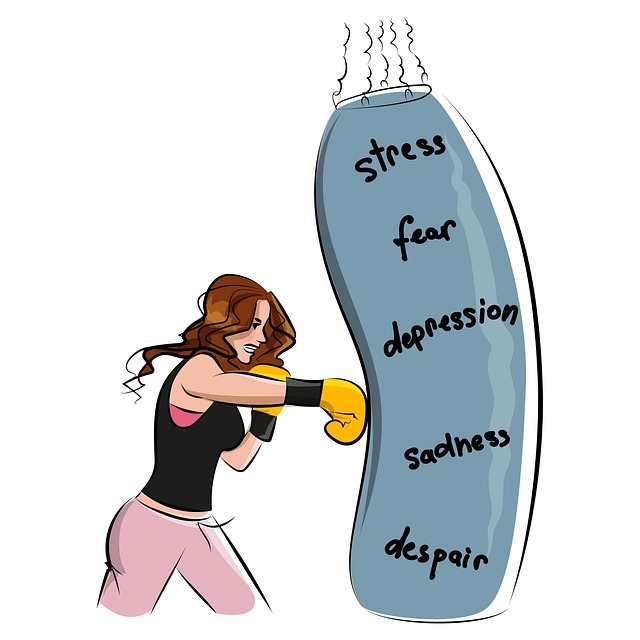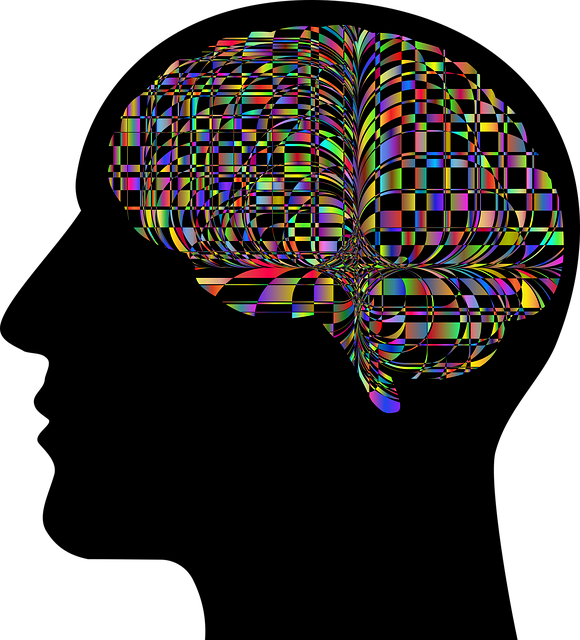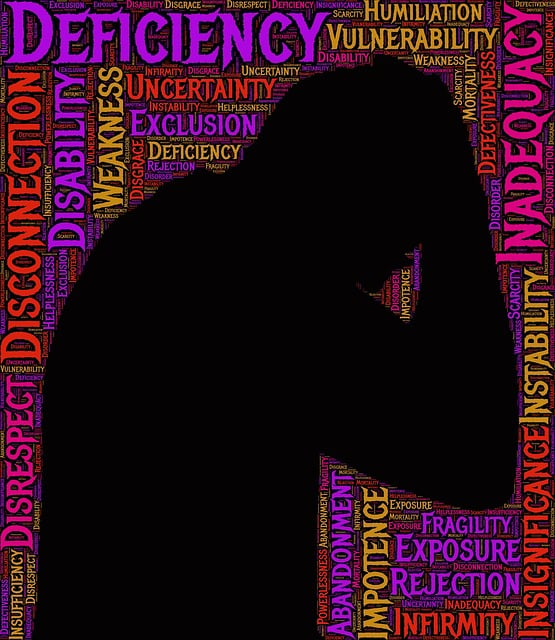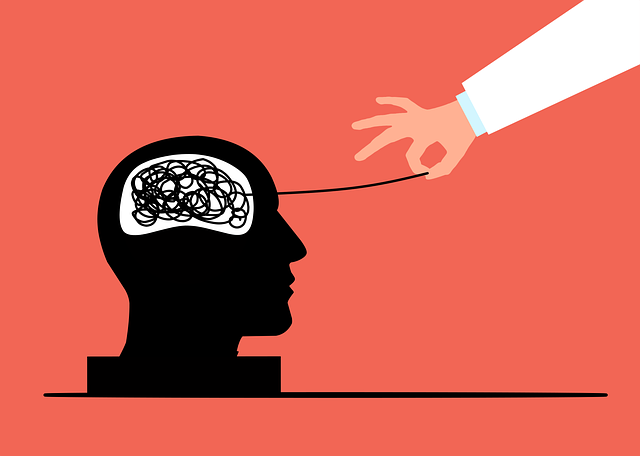Northglenn Trauma Therapy is a community-focused initiative offering accessible therapy, holistic healing approaches, and strategic outreach programs to empower residents in their mental wellness journeys. They address trauma's impact through tailored workshops, peer support, and interactive discussions in schools, centers, and faith groups, reducing stigma and promoting self-care. Their data-driven approach, collaborative partnerships, and comprehensive evaluation ensure effective services, fostering trust, understanding, and improved community solidarity.
“Northglenn Trauma Therapy, a pioneering community initiative, has emerged as a beacon of hope, addressing trauma through tailored outreach programs. This article explores its profound impact and provides an insightful guide to effective community engagement. From understanding the local context to measuring success, we delve into the strategies that ensure Northglenn’s approach resonates with residents. Discover how collaborative partnerships and resident involvement are key to implementing impactful outreach, ultimately fostering a healthier, more resilient community.”
- Understanding Northglenn Trauma Therapy: Its Role and Impact on the Community
- Planning Effective Community Outreach Programs: Strategies for Success
- Implementing Outreach Initiatives: Engaging with Residents and Local Partners
- Measuring and Evaluating the Effectiveness of Northglenn Trauma Therapy Programs
Understanding Northglenn Trauma Therapy: Its Role and Impact on the Community

In the heart of Northglenn, a dedicated team offers a unique service: Northglenn Trauma Therapy. This community-oriented initiative recognizes the profound impact that trauma can have on individuals and society at large. By providing accessible therapy options, it aims to empower residents in their journey towards healing. The program’s holistic approach includes self-esteem improvement exercises, mental wellness journaling guidance, and positive thinking strategies, all designed to equip participants with essential tools for navigating life’s challenges.
Northglenn Trauma Therapy goes beyond traditional therapy settings by embedding itself within the community. This strategy ensures that support is readily available to those who might otherwise face barriers to accessing care. By fostering an environment of trust and understanding, the program encourages open dialogue and promotes collective resilience. The impact is far-reaching: enhanced mental wellness, improved self-perception, and a stronger sense of community solidarity.
Planning Effective Community Outreach Programs: Strategies for Success

Effective community outreach programs require meticulous planning to ensure success and meaningful impact. At Northglenn Trauma Therapy, we understand that fostering mental health awareness and reducing stigma are pivotal steps in creating a supportive environment for those struggling with mental illness. Therefore, our outreach strategies focus on engaging communities directly through educational workshops, interactive discussions, and peer support groups. By tailoring these initiatives to the unique needs of each community, we aim to break down barriers and encourage open conversations about mental health.
One key strategy involves collaborating with local schools, community centers, and faith-based organizations to deliver programs that cater to diverse audiences. Incorporating activities like art therapy sessions, stress management workshops, and mental illness stigma reduction efforts helps in promoting positive thinking and self-care routine development for better mental health. These programs not only equip individuals with coping mechanisms but also foster a sense of belonging and understanding within the community.
Implementing Outreach Initiatives: Engaging with Residents and Local Partners

Implementing community outreach programs, such as those offered by Northglenn Trauma Therapy, requires a strategic approach to engage residents and local partners. The first step involves understanding the unique needs and cultural fabric of the community. By organizing informational sessions, focus groups, and surveys, the initiative can gather insights into the emotional healing processes that resonate most with locals. This data-driven method ensures that outreach efforts are tailored to address specific challenges, fostering a deeper connection between service providers and the community they aim to serve.
Involving local partners, including community organizations, schools, and religious institutions, is another critical aspect. These partnerships can help amplify the reach of mental health services while incorporating cultural sensitivity in mental healthcare practice. By collaborating with trusted entities within the community, Northglenn Trauma Therapy can build trust, encourage open dialogue about mental health, and promote self-esteem improvement through shared initiatives. Such collaborative efforts not only enhance the effectiveness of outreach programs but also create a lasting impact on the well-being of the community.
Measuring and Evaluating the Effectiveness of Northglenn Trauma Therapy Programs

Measuring the effectiveness of Northglenn Trauma Therapy programs is a multifaceted process that goes beyond simple attendance or satisfaction surveys. It involves assessing tangible improvements in participants’ mental health, including reductions in symptoms related to trauma and conditions such as depression prevention. By utilizing standardized psychological assessments, therapists can track progress over time, identifying areas where individual or group interventions are most impactful.
Moreover, evaluating these programs should encompass the development of coping skills and emotional intelligence. Participants’ ability to manage stress, regulate emotions, and maintain healthy relationships post-therapy serves as a strong indicator of therapeutic success. Regular check-ins, follow-up interviews, and participant feedback provide valuable insights into the long-term sustainability of acquired coping mechanisms and emotional resilience.
Northglenn Trauma Therapy has proven to be a powerful tool in fostering community resilience and healing. By implementing well-planned outreach programs, as highlighted in this article, communities can effectively engage residents and local partners to address trauma and create lasting positive change. Measuring the success of these initiatives is essential for continuous improvement and ensuring that Northglenn Trauma Therapy strategies remain relevant and impactful over time. Through dedicated outreach and evaluation efforts, communities can build a stronger, more resilient future for all.














